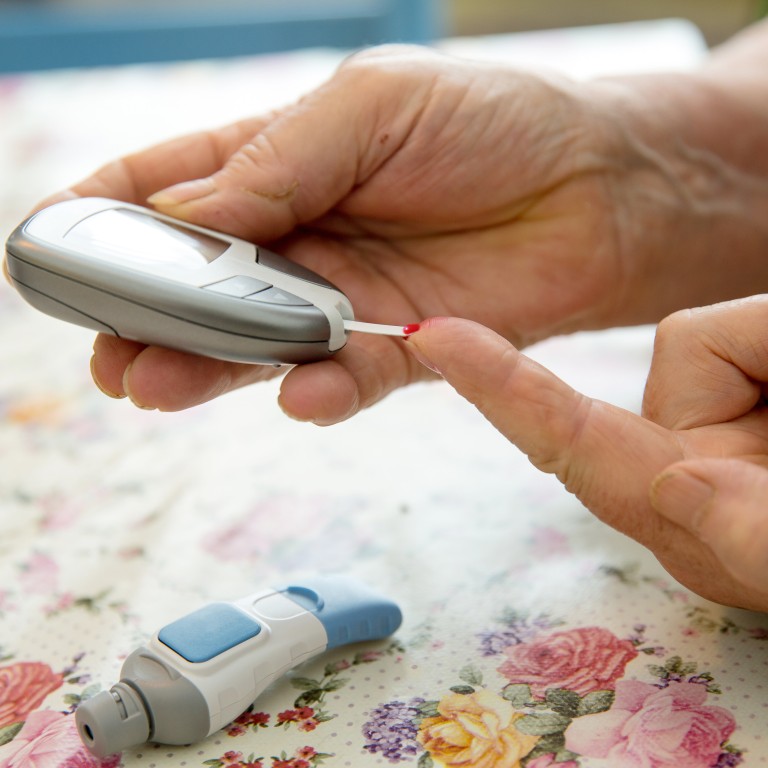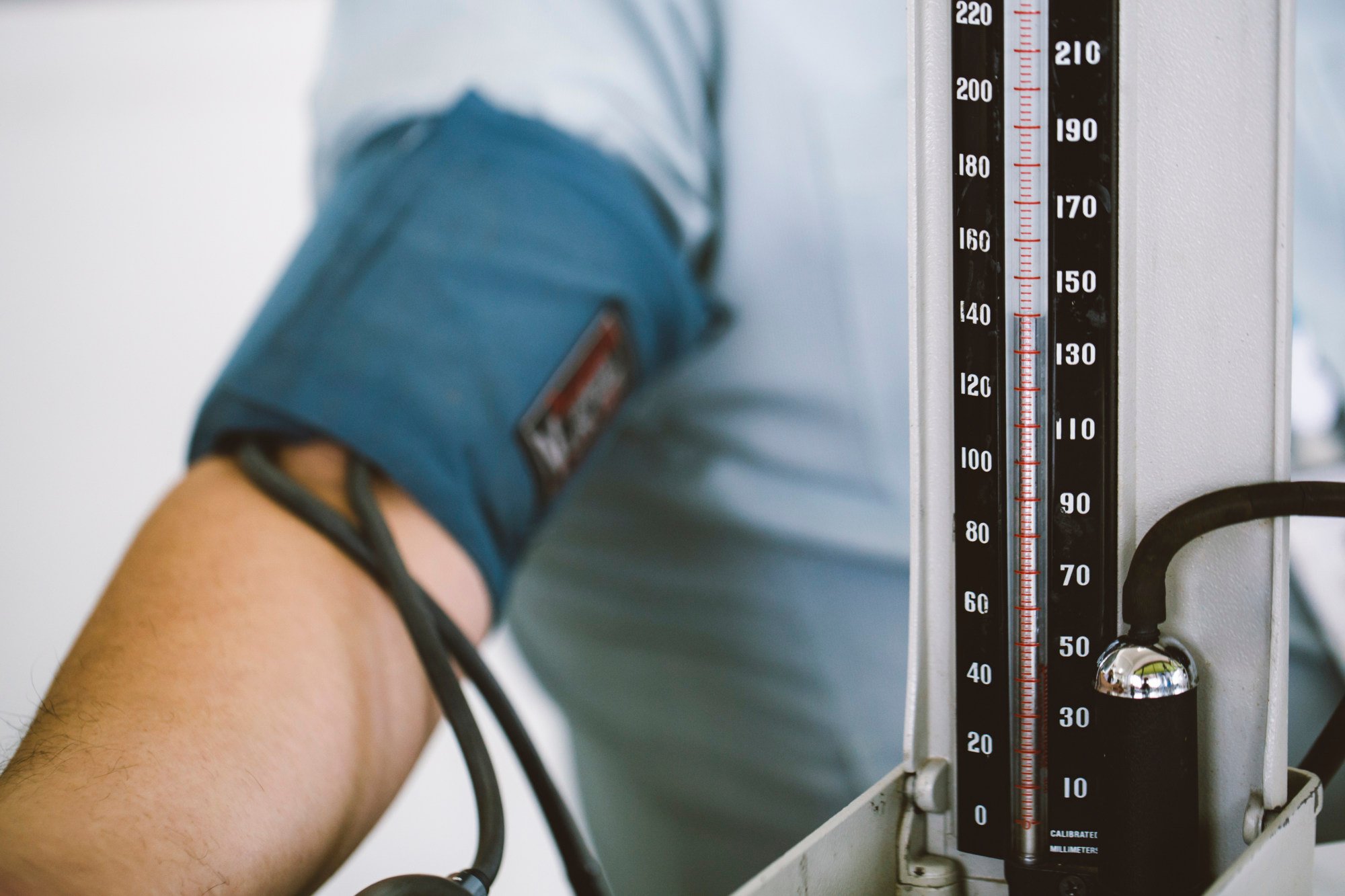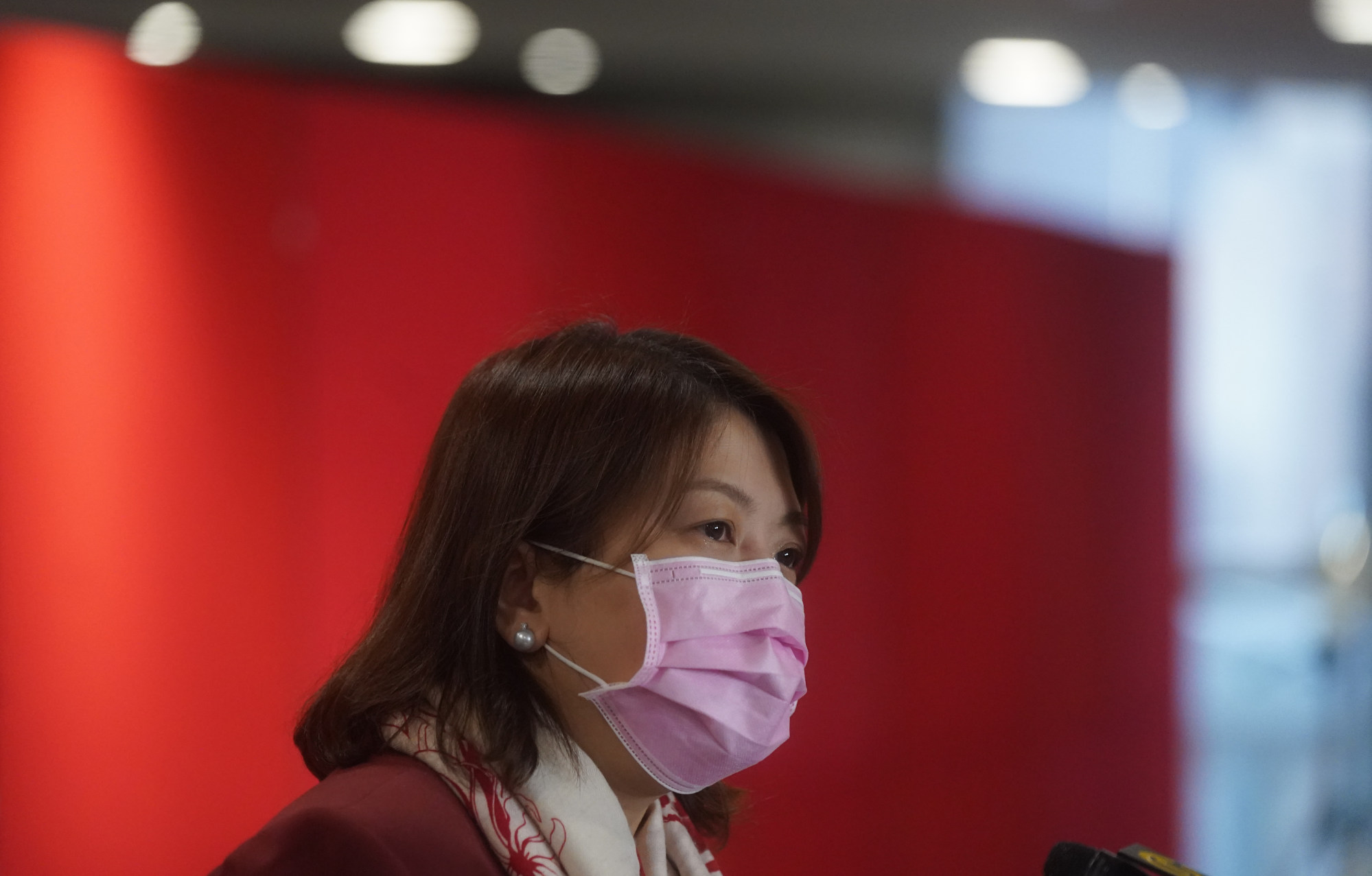
Hong Kong government may pay half of medical bill for private treatment for diabetes or hypertension
- Residents will be encouraged to visit health centres planned for each district to undergo free screening for diabetes and hypertension
- For those deemed at high risk, government will cover half their bill for treatment by private doctors, Undersecretary for Health Libby Lee says
The government may pay half the medical bill for residents suffering from diabetes and hypertension who seek treatment from private doctors under a new scheme, a health official has said, but a patients’ rights group has expressed doubts people will be motivated enough to join the programme.
The initiative is part of the government’s ambitious Primary Healthcare Blueprint, unveiled on Monday, aimed at relieving the burden on public hospitals by shifting the focus from treatment to prevention of illnesses.
Undersecretary for Health Libby Lee Ha-yun on Tuesday said residents would be encouraged to visit health centres planned for each district to undergo free screening for diabetes and hypertension, under what the government is calling the Chronic Disease Co-Care Scheme. Six of these centres have been set up so far.

If they are found to be at high risk of either condition and seek help from a private doctor, their medical fee will be partly covered by the government, according to Lee.
“The government may subsidise half [of the medical fees],” Lee told a radio programme.
By expanding primary healthcare options, the government hopes residents who are financially better off will turn to resources made available through new public-private partnerships, while those with less income will continue to be cared for by public clinics and hospitals.
“Those in need or without favourable financial conditions can continue to use the services at the public healthcare system and receive a large amount of subsidies,” Lee said. “Residents, if their financial status allows, can have an additional choice of healthcare services.”

The blueprint calls for a model of “family doctors for all”, under which each resident is paired with a medical practitioner for long-term health management, especially in the prevention of chronic diseases. Authorities expect the number of people with chronic illnesses to grow from about 2.2 million now to 3 million by 2039.
But chairman of Hong Kong Patients’ Voices Alex Lam Chi-yau said people might not find the programme attractive because it was only partly subsidised.
“Although the screening is free, people may not be willing to take the tests unless they feel there is an urgent need,” he said. “The government has to think of incentives to encourage participation. For example, people can only be eligible for the elderly healthcare voucher if they have undergone the tests.”
Lam said if the scheme was successful, the authorities would need to address the problem of whether the district health centres could deal with a large number of screenings.
Hong Kong may need up to 10 years to overhaul healthcare system, officials admit
Tim Pang Hung-cheong, a patients’ rights campaigner at the Society for Community Organisation, said that by targeting people better off financially, the scheme might give rise to inequality in healthcare.
While people with lower incomes might be interested in the free screening given public hospitals and government clinics did not provide them, such residents might be put off by further participating in the new programme given the additional medical fees.
They might also not receive timely care given the limited capacity at the district centres, he warned.
“Why are the underprivileged subjected to differential treatments?” Pang said. “The booking hotline [for the clinics] is often unreachable. Even if you can reach the hotline, it does not mean that you can see the doctor immediately.”
He suggested residents receiving welfare payments be fully subsidised under the scheme.

